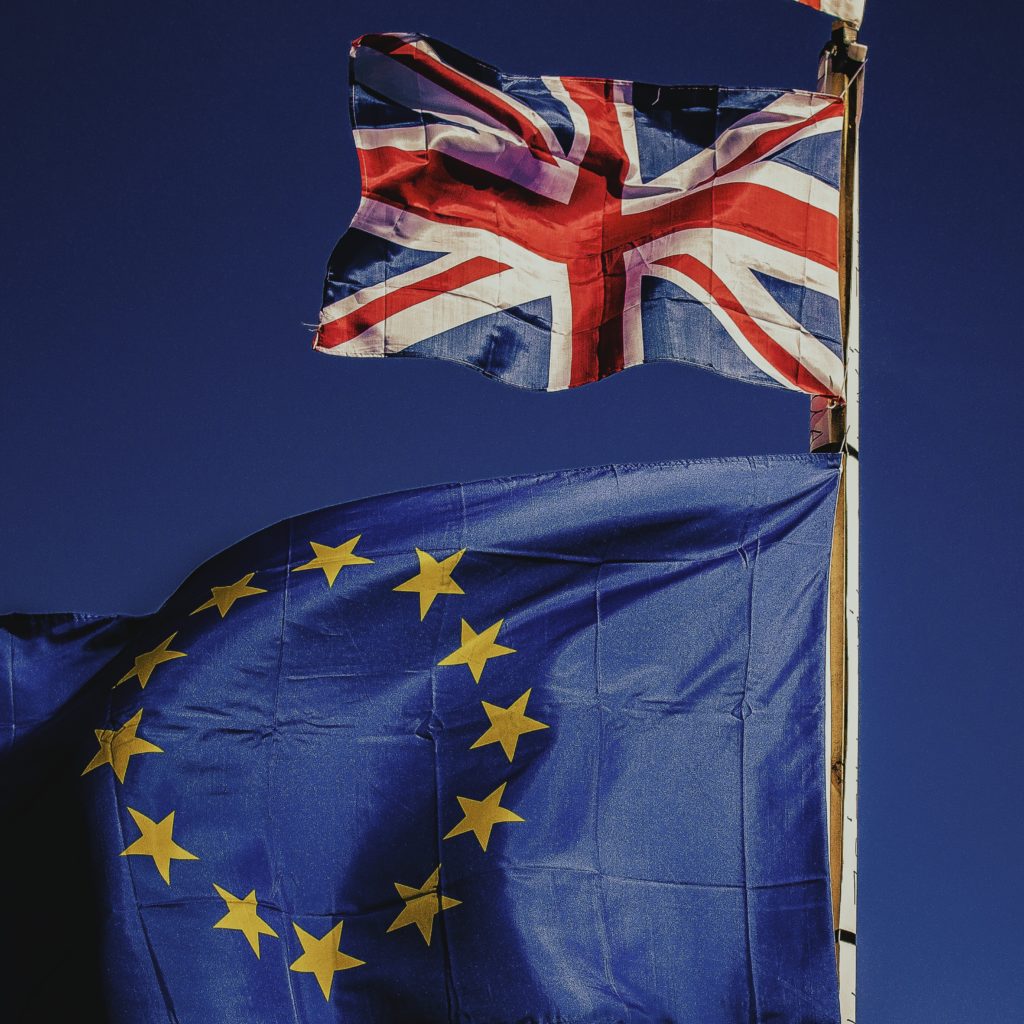It is now more than 12 months after the Brexit transition period ended and the UK formally left the EU single market and customs union. There has been much speculation, coupled with emotive prophecies of doom about the effect on the UK economy and the implications to the UK automotive sector. The effects of the pandemic and related logistics issues superimposed on Brexit driven bureaucracy have certainly stalled trade. As we emerge from the immediate effects of the pandemic, what is the reality of the current situation? The IMF forecasts that in 2022 the UK economy will grow at the fastest rate of all the G7. What are the other trends we can expect to see?
What happened?
The interdependencies between the UK and EU automotive sectors are high and already well documented, both in terms of finished vehicles and components. No surprise really, as geography matters, and trade grows where it is unfettered by bureaucracy.
The post Brexit Trade and Cooperation Agreement (TCA) put in place between the EU27 and the UK allows for tariff and quota free trade in goods between the UK and EU, avoiding tariffs of 10% or more on vehicles and vehicle components, providing rules of origin requirements are complied with.
The TCA allows internal combustion engine cars a maximum of 45% non-originating content. In the case of EVs and hybrid vehicles there’s a greater challenge as the high value batteries typically originate in China, Japan or South Korea. Accordingly, Hybrid and EV vehicles have a 60% limit. Battery cells intended for EV use are allowed 70%. These allowances tighten in 2024 and disappear completely by 2026.
The TCA rules caused UK companies to rapidly review their supply chains with a level of granular detail not previously commonplace. The processes and knowledge gained positioned them well in light of the pandemic driven global logistics issues.
What can we expect?
The interdependency between the EU and UK companies will remain. The “hump” of the increased bureaucracy will pass as companies get used to the new way of trading. UK and EU trade will increase and get back to pre-pandemic levels. After all, geography matters.
UK companies are already looking to source more content from the EU and directly within the UK in order to meet the tightening rules of origin requirements. Current levels of non -originating content are around the 45% mark.
Supply chain management has a whole new level of complexity. Proof of point of origin documentation will soon become mandatory and the levels of scrutiny will extend well beyond anything previously seen. Lessons learned in the pandemic relating to risk management of extended supply chains, together with geopolitical shifts, means more local sourcing. Once again geography matters.
Rapid investment in battery manufacture and associated electrification technologies is already taking place and will accelerate further. The UK will need to domestically manufacture it’s own batteries if it is to remain a player in the automotive sector.
The ability of the UK to independently negotiate trade deals without the EU has yet to be fully exploited, beyond the EU rollover agreements. This new found agility coupled with geopolitical shifts will potentially open up new trading opportunities for the automotive sector.
Are you planning to conduct automotive business into or out of the UK?
StepsBridge has a global network of experienced automotive experts that can help your company in the new “normal”.
About the Author: Tajinder Kalsi
Taj brings more than 30 years of international Automotive experience, gained at OEMS Ford, Jaguar Land Rover and major Tier 1s Johnson Controls, Lear Corporation, Gentherm and Key Safety Systems. He has held senior leadership roles in Business Development, Programme Management and Operations. He has a technical background in safety critical systems and most recently in E- mobility.

